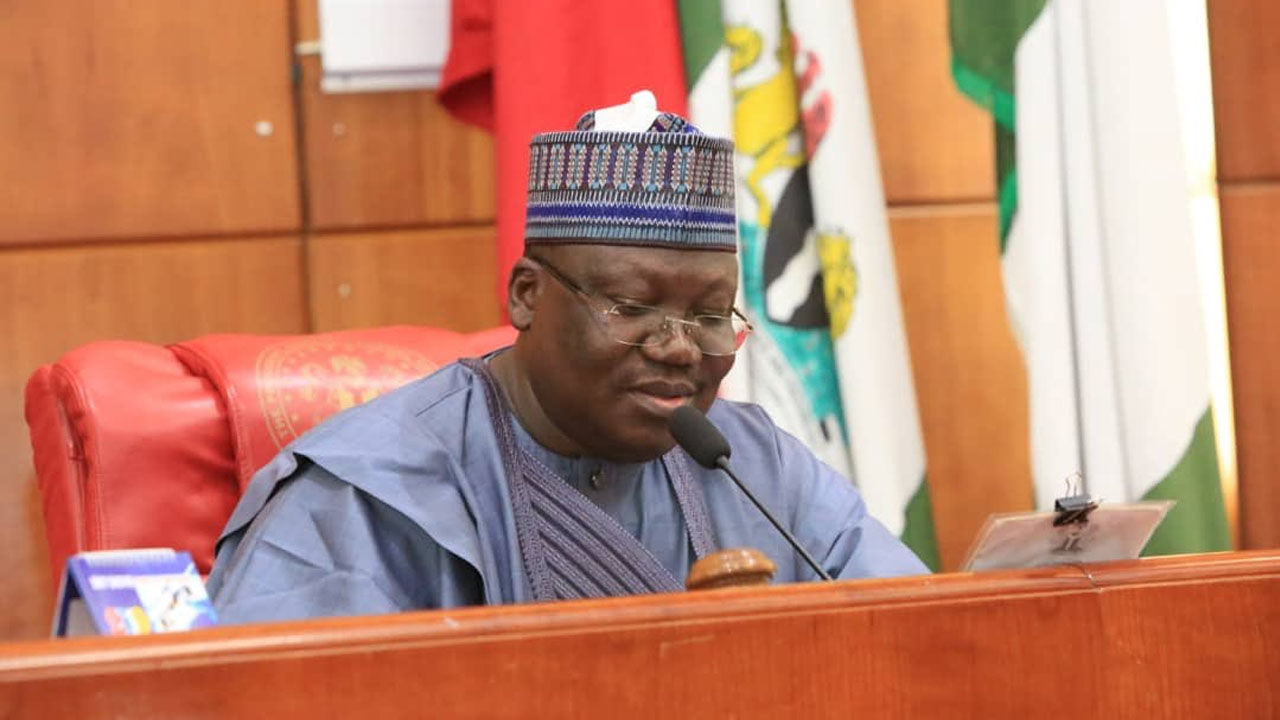The Fistula Foundation, in collaboration with the Federal Ministry of Health and Social Welfare, has launched the Fistula Foundation Treatment Network (FFTN) in Nigeria, a nationwide initiative aimed at tackling obstetric fistula, a childbirth injury that continues to affect tens of thousands of women across the country.
Obstetric fistula, which results from prolonged, obstructed labour without access to timely medical intervention, leaves women incontinent and frequently ostracised by their communities. Nigeria bears the heaviest global burden of the condition, with an estimated 114,000 women currently living with fistula and about 12,000 new cases occurring each year.
“For too long, too many Nigerian women have suffered in silence,” said Fistula Foundation Chief Executive Officer, Pam Lowney, at the launch event in Abuja. “By establishing a coordinated network that unites surgeons, hospitals, outreach partners, and government stakeholders, we will bring high-quality care closer to home for hundreds of women each year and ensure that no woman is left behind.”
The new network brings together eight hospitals and grassroots organisations with the goal of expanding free access to life-changing surgeries, improving referral pathways—particularly for complex cases—and enhancing outreach and rehabilitation services for women in hard-to-reach areas.
Dr Binyerem Ukaire, Director of the Family Health Department at the Federal Ministry of Health and Social Welfare, described the programme as a critical step for women’s health in Nigeria. “This network is a lifeline for Nigerian women, their families, and communities, who will not have to pay anything to access this care,” she said. “With the FFTN in Nigeria, we are mobilising expertise, resources, and partnerships to restore health and hope to women nationwide.”
Since 2010, the Fistula Foundation has worked with Nigerian hospitals to provide free surgeries to women suffering from the condition. The FFTN is expected to scale up these interventions, raising annual surgeries from 1,400 in 2024 to more than 2,500 by 2027. It will also train surgeons and healthcare providers in advanced fistula care, and recruit over 200 community “fistula ambassadors” to identify and refer women in need.
The Foundation said the programme will expand reintegration services, including vocational training, counselling, and long-term support, to help women return fully healed and economically active to their communities.
The Nigerian network builds on similar models already established in Kenya, Zambia, the Democratic Republic of Congo, and Tanzania. Partners in the initiative include the Bashir Foundation for Fistula and Women’s Health, Dame Olayinka Obaleye Obstetric Fistula Centre, Dogon Nasara Fistula Foundation, Evangel Vesico-Vaginal Fistula Centre, Family Life Centre/VVF Hospital, Fistula Foundation Nigeria, RAiSE Foundation, and the Sustainable Family Health Foundation.
The Fistula Foundation, which has supported more than 100,000 surgeries across Africa and Asia since 2009, said its long-term goal is to ensure no woman is left untreated due to cost, distance, or lack of awareness.






